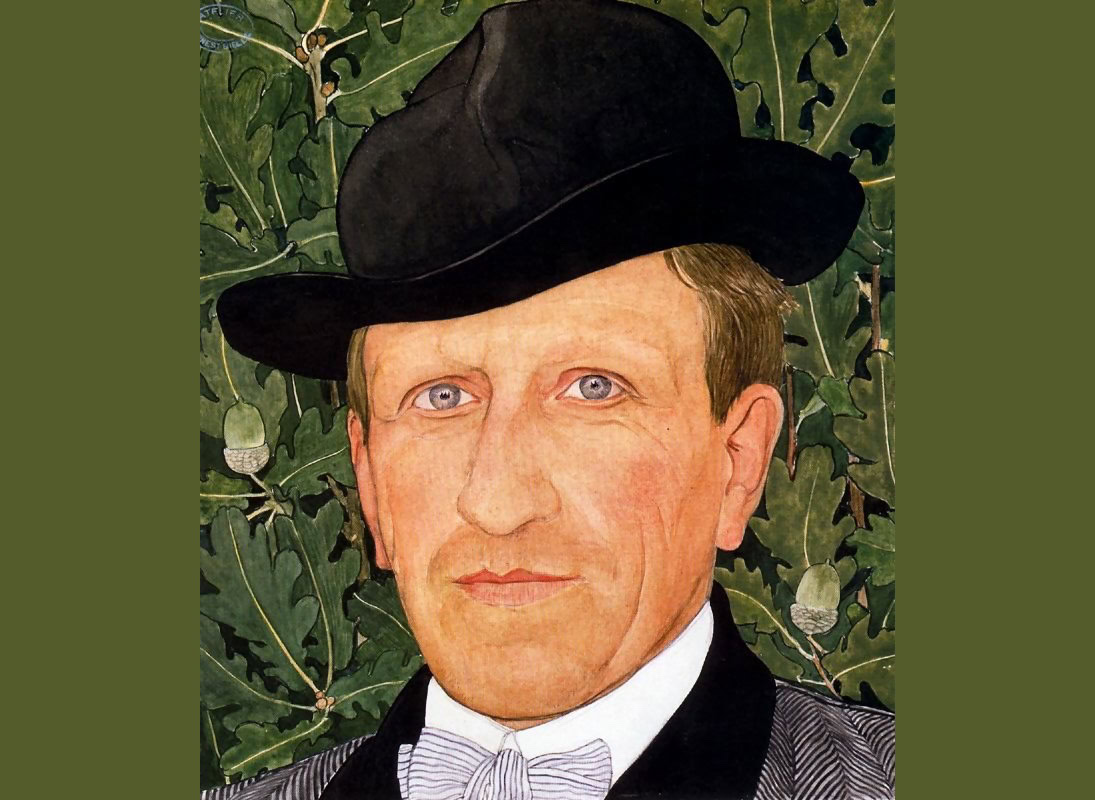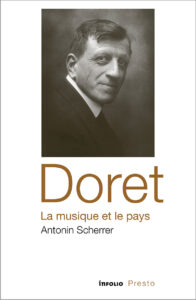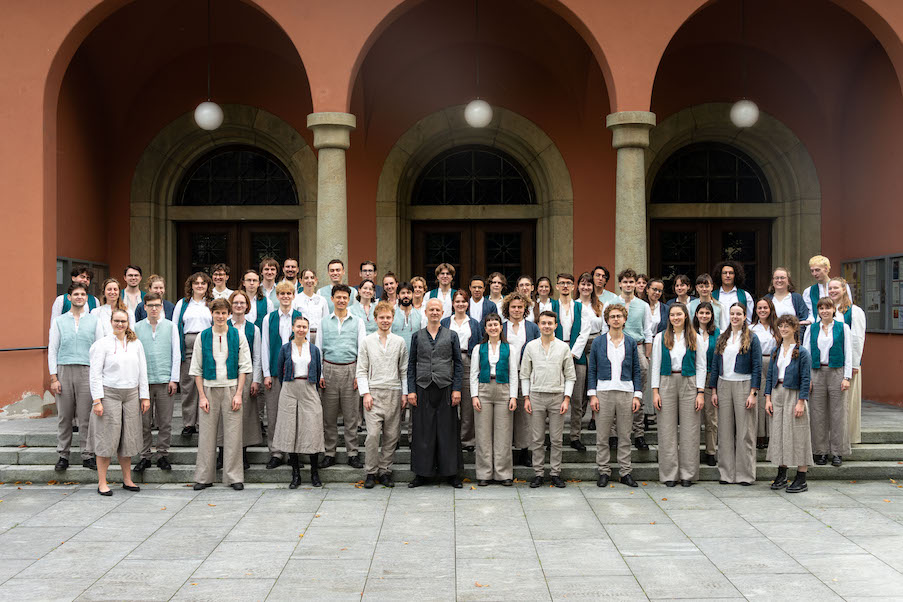In search of Swiss music
An extensive book defines the specific characteristics of Swiss music through its history, while a brief biography introduces the Vaud composer Gustave Doret.

Beyond regionalisms and cantonal specificities, is there such a thing as authentically Swiss music? To answer this question, cellist and music historian James Lyon has explored a number of avenues in history, literature, psychology and sociology, in search of a common ground that transcends the diversity of cultures and traditions. This investigation led to the conclusion that we can hardly speak of a national music, but rather a confederal one, with a balance and complementarities similar to those found in the country's political structure. Acknowledging this Helvetic singularity, this alliance between an original identity forged in the crucible of influences from the great neighboring nations and a rich multiplicity of varied local situations, also means looking at certain particularities such as the importance of folklore and choral art, the impregnation of Reformed thought or the inspiring presence of natural landscapes, whether lake or mountain. Divided into chapters of unequal length, this copious work published by Slatkine sets out the musical history of Switzerland and its major cities, citing a number of composers, writers and painters, and briefly revealing a few key institutions, It also includes an extensive biographical dictionary and chronology, and examines subjects such as Alpine music, the Ranz des vaches, the Fête des Vignerons and similar stage works, and the attitude of the Reformers to the art of Euterpe. Although there is hardly any discussion of contemporary composers, the author has transcribed an interview with Fabian Müller, known for his interest in popular music.
James Lyon: A History of Music in Switzerland. Réflexion sur la culture helvétique, 660 p., Fr. 46.85, Editions Slatkine, Genève 2023, ISBN 9782051029384
Five years ago, Editions Infolio launched a collection of short monographs in pocket format, highlighting Swiss personalities from the recent or more distant past, famous or little-known, most frequently writers and other artists. In just a few dozen pages, sprinkled with color illustrations, Antonin Scherrer's lively, enjoyable writing evokes the stages in the life of Gustave Doret, a musician from the canton of Vaud with strong Parisian ties - after a period in Berlin during which he was a disciple of Joseph Joachim, he studied with Massenet and spent most of his life in the City of Light, where he demonstrated his talents as a conductor, for example at the Harcourt concerts, where in 1894 he premiered the Prelude to the Afternoon of a Faun or as artistic director of the Opéra-Comique. He also campaigned for French-speaking musicians to train in France, closer to their natural affinities, rather than in Germany. As a composer, the collective memory remembers his scores for the Fêtes des Vignerons of 1905 and 1927, but he also achieved brilliant success with his dramatic legend Les Armaillisan opera performed several hundred times on numerous stages. As for his catalog of almost 400 works, it consists mainly of an abundance of choral pieces, deliberately simple and popular in style. In collaboration with the Morax brothers, he wrote stage music for the Théâtre du Jorat in Mézières. An influential figure, also through his voluntarily biting music reviews and chronicles, and showered with honors, he felt overwhelmed by the music of his time, which he hardly understood any more, and became bitterly embittered by increasingly reactionary thoughts, damning anything that strayed from his aesthetic criteria.
Antonin Scherrer: Doret, la musique et le pays, 64 p., Fr. 12.00, Infolio, Gollion 2024, ISBN 978-2-88968-129-7








